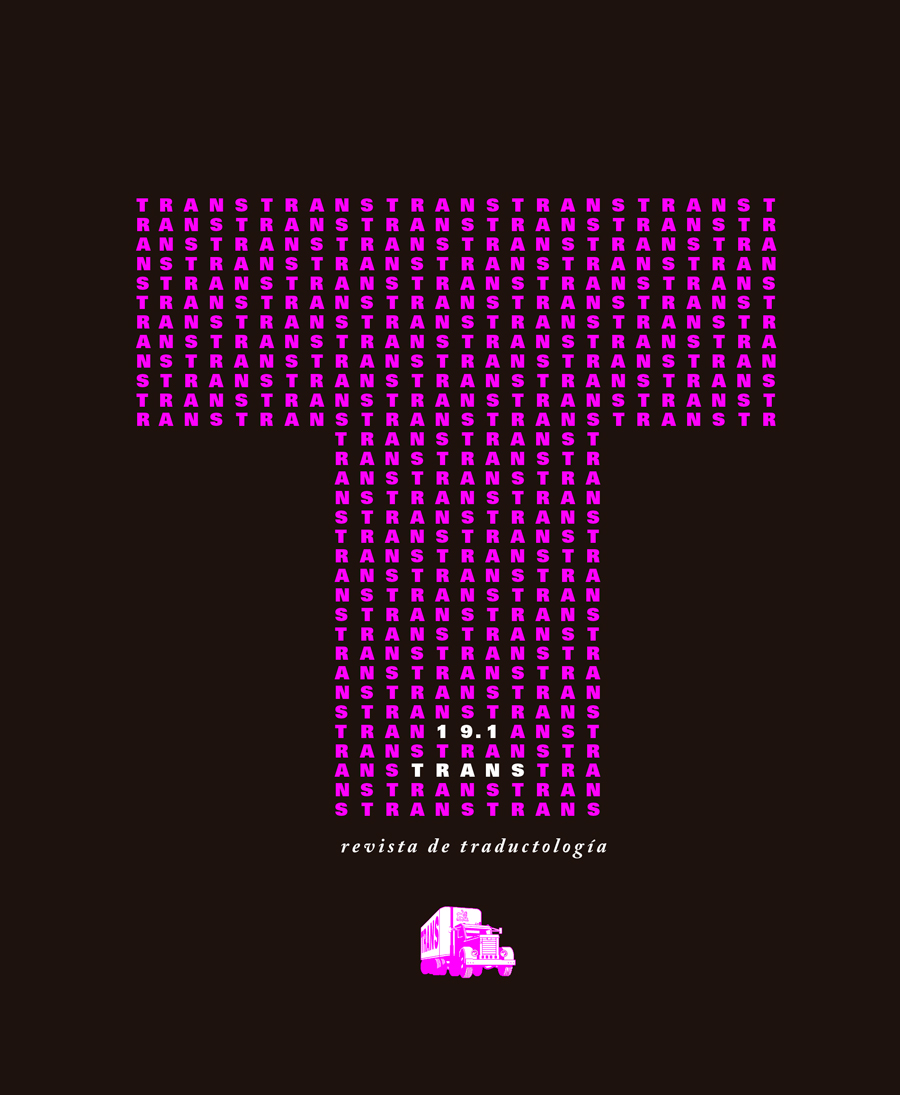Interpreting at the Court of Justice of the European Union
DOI:
https://doi.org/10.24310/TRANS.2015.v1i19.2083Keywords:
Court of Justice of the European Union, multilingualism, conference interpreting, case preparationAbstract
The goal of this article is to give an account of the characteristic features of the work of a conference interpreter at the Court of Justice of the European Union: a multilingual legal setting par excellence. The starting point is the institution’s regulatory framework, especially the provisions laying down language arrangements (from Regulation No 1 of 15 April 1958 to the various Rules of Procedure). The principle of multilingualism is enshrined therein and underpins the work of the three jurisdictions which make up the Court of Justice of the European Union: the Court of Justice, the General Court and the Civil Service Tribunal. The main features of the work of the interpreter in this specific context are then reviewed, with particular reference to ethical considerations, types of user, the role of mediation in an environment of «highly-shared context» and the case preparation phase, which is a key and distinguishing feature of interpreting at the Court of JusticeDownloads
Metrics
Publication Facts
Reviewer profiles N/A
Author statements
Indexed in
-
—
- Academic society
- N/A
- Publisher
- Universidad de Málaga
Downloads
Published
How to Cite
Issue
Section
License
All contents published in TRANS. Revista de Traductología are protected under the Creative Commons Attribution-NonCommercial-ShareAlike 4.0 International (CC BY-NC-SA 4.0) license. All about this license is available in the following link: <http://creativecommons.org/licenses/by-nc-sa/4.0>
Users can copy, use, redistribute, share and exhibit publicly as long as:
- The original source and authorship of the material are cited (Journal, Publisher and URL of the work).
- It is not used for comercial purposes.
- The existence of the license and its especifications are mentioned.
- ShareAlike — If you remix, transform, or build upon the material, you must distribute your contributions under the same license as the original.
There are two sets of authors’ rights: moral and property rights. Moral rights are perpetual prerogatives, unrenounceable, not-transferable, unalienable, imprescriptible and inembargable. According to authors’ rights legislation, TRANS. Revista de Traductología recognizes and respects authors moral rights, as well as the ownership of property rights, which will be transferred to University of Malaga in open access.
The property rights are referred to the benefits that are gained by the use or the dissemination of works. TRANS. Revista de Traductología is published in an open access form and it is exclusively licenced by any means for doing or authorising distribution, dissemination, reproduction, , adaptation, translation or arrangement of works.
Authors are responsable for obtaining the necessary permission to use copyrighted images.













21.png)
